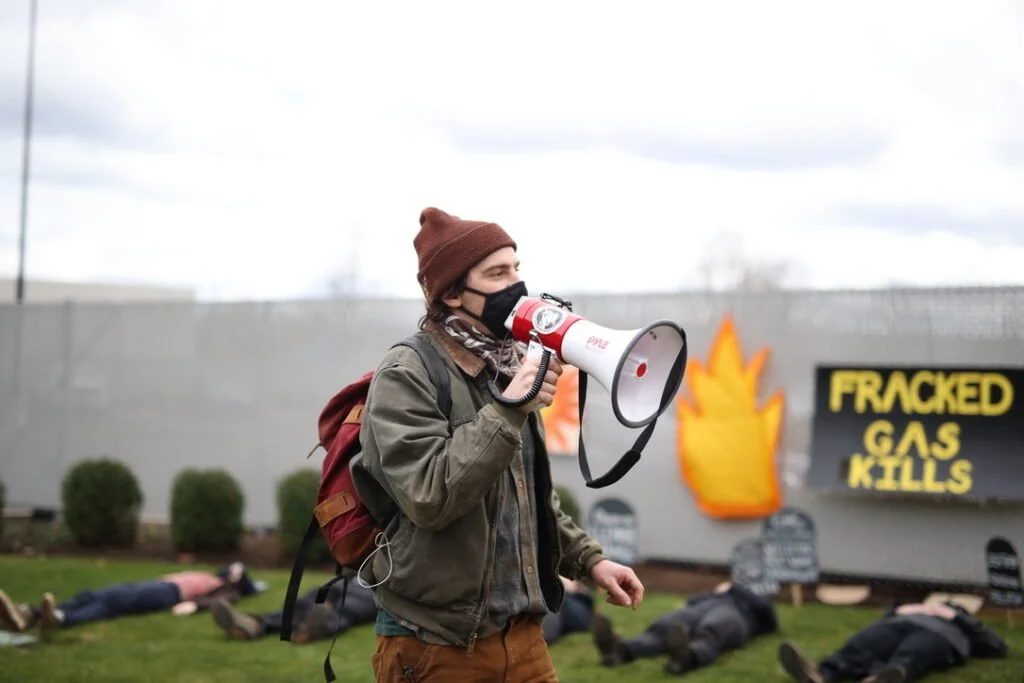This toolkit is a resource for Oregonians working to increase adoption of zero energy and zero energy ready buildings – policymakers, designers, builders, nonprofits, code writers, and climate justice advocates.
ZERO Coalition (ZERO) and Sustainable Building Week (SBW) are combining forces to continue helping the Oregon sustainable building community advance sustainability in a way that leaves no one behind. Together, we will expand opportunities for education, advocacy, and collaboration to make sustainability more accessible and actionable.

If you're reading this, you may have an interest in sustainability in the built environment or in how buildings' energy use impacts climate change. However, applying for an open seat on the Bureau of Codes Division (BCD) Advisory Boards may not have crossed your mind. You may have never thought about how building codes are developed or how often they are updated. But if you care about climate change and future generations, you should know that buildings account for approximately 40% of Oregon's energy use and emit around 28% of the greenhouse gas pollutants that are harmful to our health and contribute to more and worse climate destruction. Volunteering for a seat on a BCD Advisory Board is an excellent way to help reduce the climate impact of the built environment.

In response to calls for Gov. Kotek’s Housing Production Advisory Council to expedite residential construction by relaxing energy efficiency and climate mitigation building requirements, the ZERO Coalition has submitted a series of policy papers urging the Council to ensure that climate impact remains a key consideration for equitably increasing housing stock. The papers outline recommendations that can be adopted to ensure the state meets both its housing supply and building decarbonization goals.

In an era defined by unprecedented environmental challenges, the call for climate justice has grown stronger than ever. As the global community grapples with the consequences of climate change, there is hope to be found in the many passionate organizations committed to effecting positive change. In this blog post, we turn our spotlight to 350 Eugene and Fossil Free Eugene, two of ZERO Coalition’s Community Partners, to learn how these organizations have risen to the forefront of the battle for a sustainable and equitable future.

Due to the sheer number of existing buildings, it’s not enough to focus solely on reducing greenhouse gas (GHG) emissions through new construction. And wider implementation of energy-efficient systems through retrofitting will have a massive impact. Moreover, retrofitting presents opportunities to address longtime inequities in the housing sector, providing broader access to energy-saving measures. The most common barriers are capital costs, and owners’ lack of knowledge that today’s reliable technologies pay dividends far into the future.


